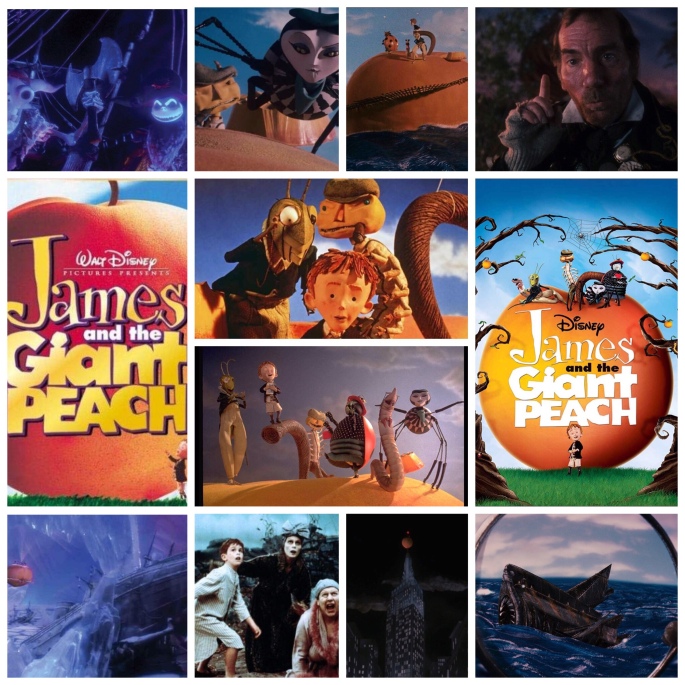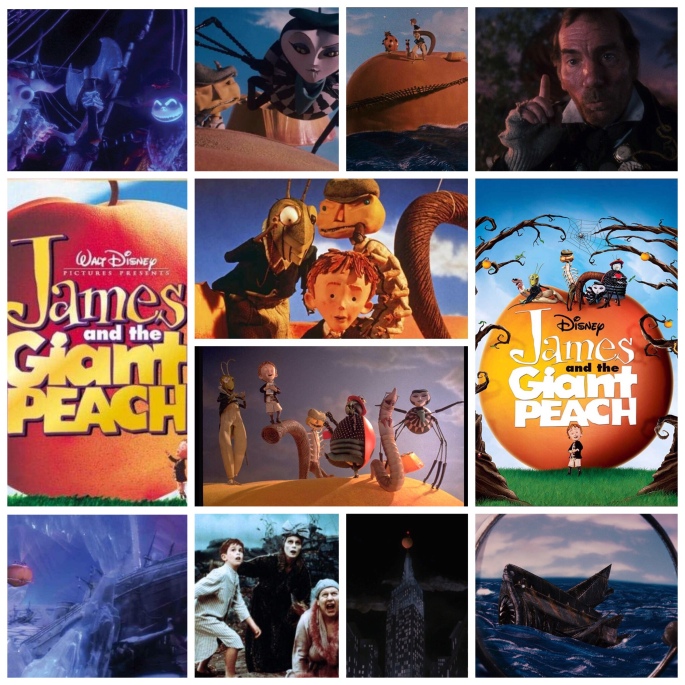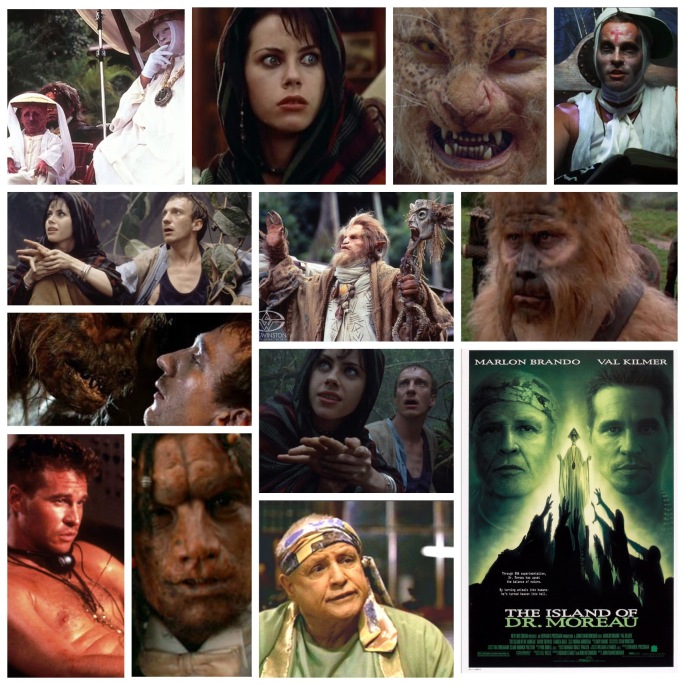
Ever heard the expression ‘inmates running the asylum?’ Brad Anderson’s Stonehearst Asylum has, and quite literally spins a terrifically gothic horror yarn for the ages around it, packed with stars, ideas, twists, beautiful scenery and a wistful aesthetic reminiscent of old Hammer horror stuff. Now if the premise sounds like a final act twist let me assure you I haven’t spoiled anything that the trailers don’t cheerfully announce early on. This film is so bonkers it starts at level ten madness and only ratchets the lever up from there. But don’t get the idea that this is a raving madhouse without story or subtlety either, for all its wanton spectacle there are well drawn human beings with something to say behind these walls.
Based on a short story by Edgar Allen Poe, Jim Sturgess stars as an apprentice Alienist shipped off to the austere Stonehearst Asylum in rural Britain (actually stunning Bulgarian countryside) to learn the trade. Once there he discovers that the facility’s real staff have been overthrown by the patients in a violent revolution and now a cunning madman (Ben Kingsley doing a sly riff on his Shutter Island character) is impersonating the actual superintendent (an icy Michael Caine) and calling the shots. This is apparent right off the bat since the place seems to have no security protocol in place and oddballs of all shape and size cavort freely about the manor. One patient who doesn’t seem to be a hopeless basket case though is the mysterious Eliza Graves (Kate Beckinsale), a girl with a shady past and secrets up her sleeve.
Director Anderson is an unsung horror thriller maestro with an incredibly solid track record including The Machinist, Session 9, The Call, Vanishing On 7th Street and now this which is a proper old school horror flick like you don’t really see anymore. This is a film that throws in subplots simply to have them there, amps up simple set pieces until they are unnecessarily but wonderfully cacophonous and is just overall in love with storytelling. The cast are all clearly having the time of their lives especially Kingsley who injects some genuine pathos into a role that could come across as high camp in someone else’s hands, exploring the notion of what would happen for real in this outlandish scenario. We also get familiar faces like Brendan Gleeson, Jason Flemyng, Christopher Fulford, Sinead Cusack and others. Standouts include newcomer Sophie Kennedy Clarke as a scene stealing patient with a penchant for childlike melodrama and David ‘Professor Lupin’ Thewlis as a particularly scary homicidal resident. You’ve kind of gotta employ considerable suspension of disbelief here, this is a film where spectacle, atmosphere and incident dance over the graves of logic and continuity, but there’s a rich tale to be absorbed with many fine performances, gorgeous cinematography and a creaky gothic vibe. Highly recommended, you can find this streaming on Amazon Prime.
-Nate Hill














